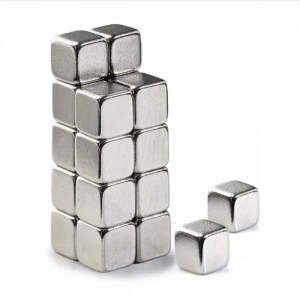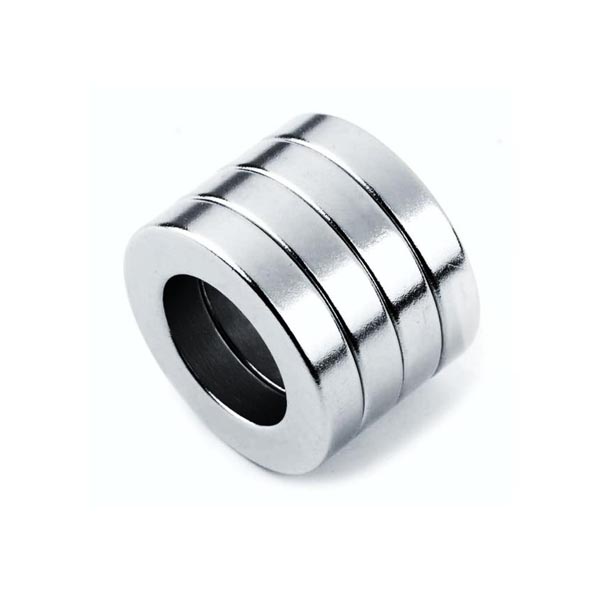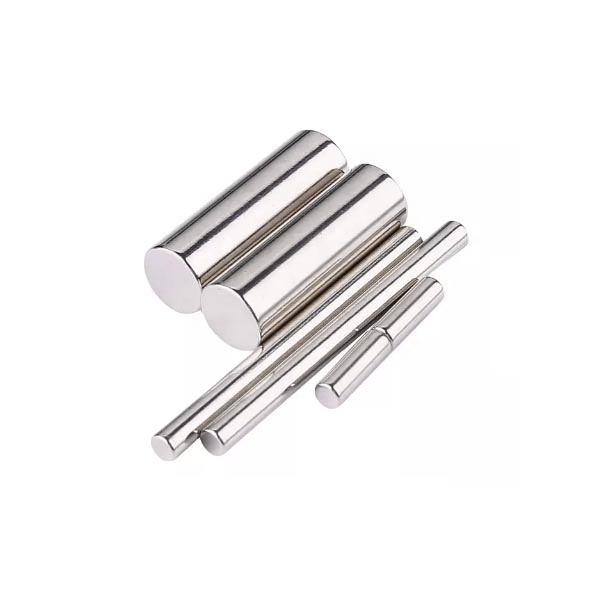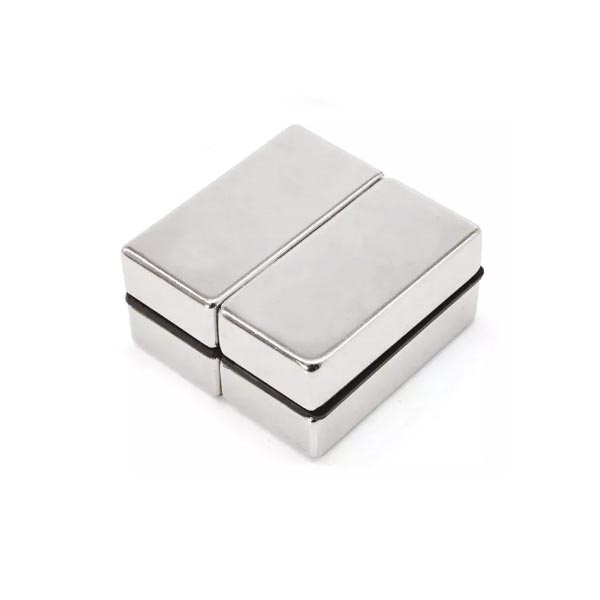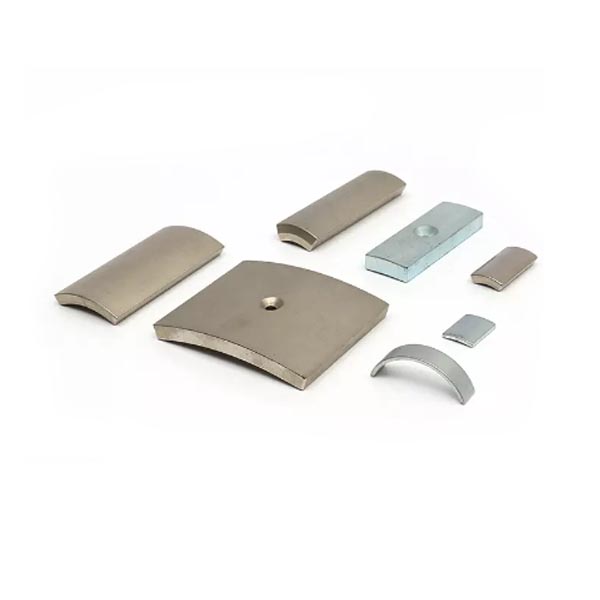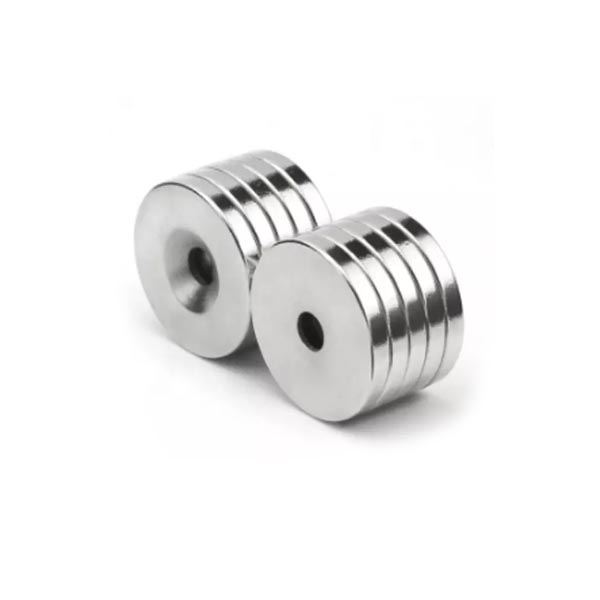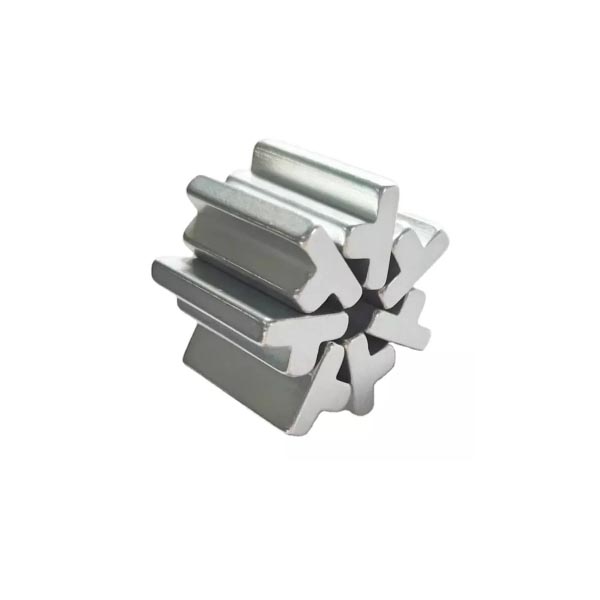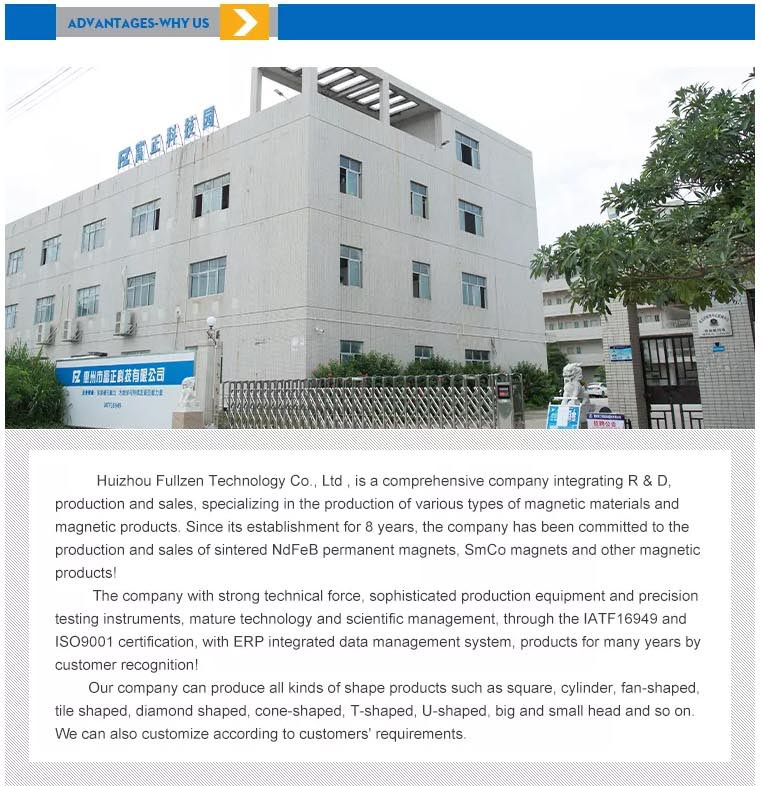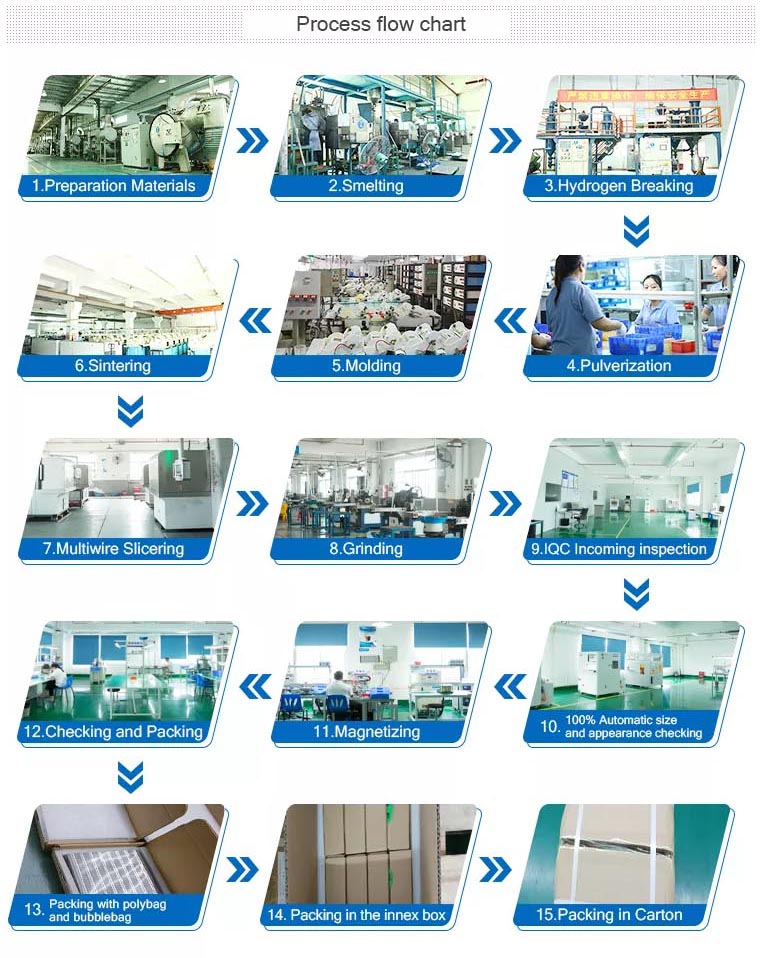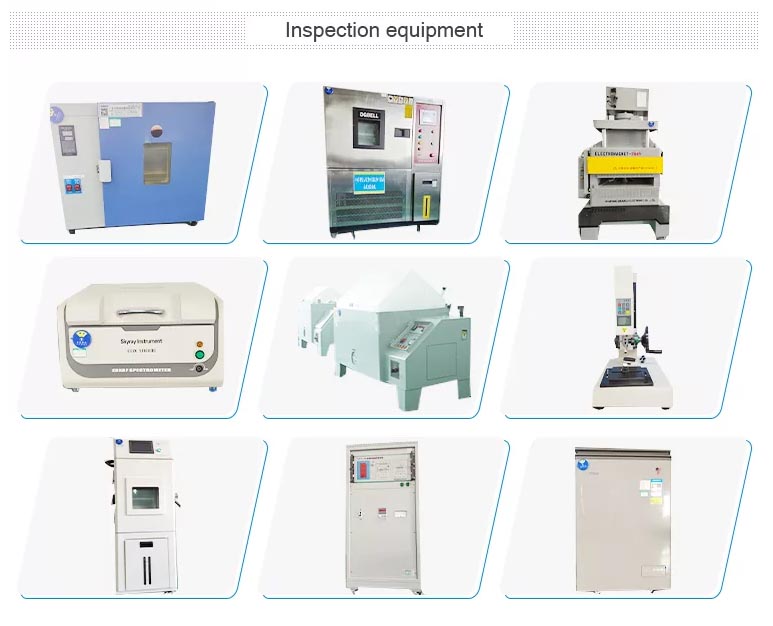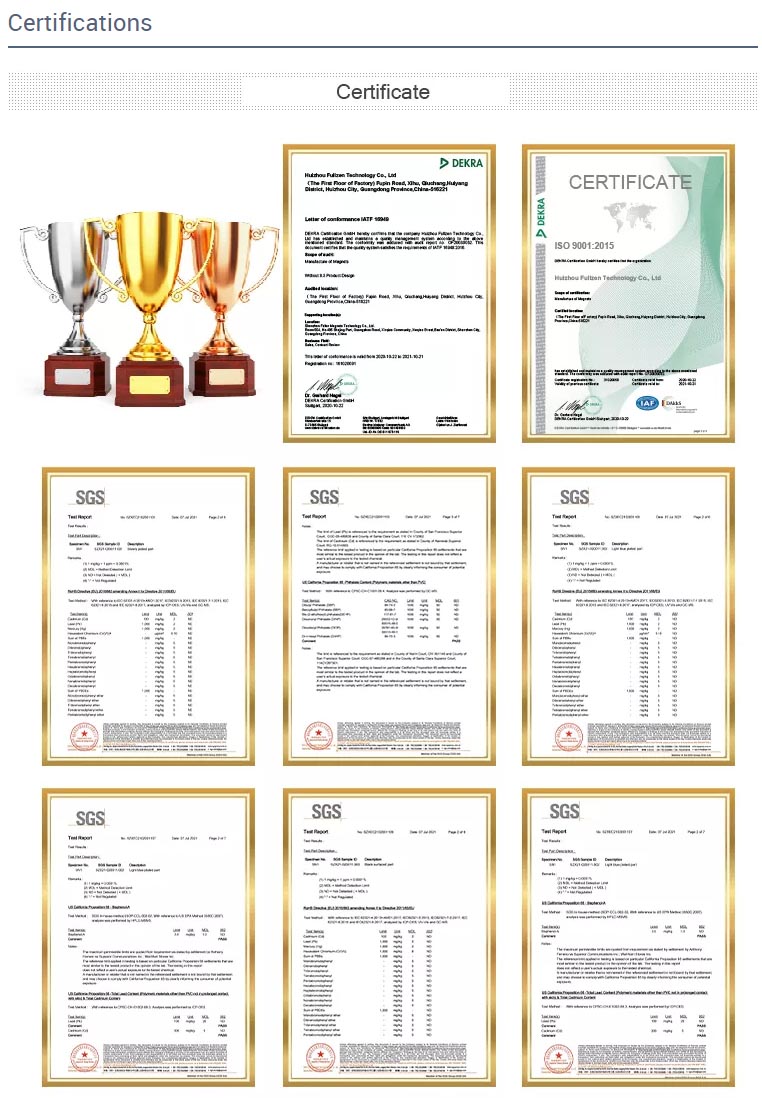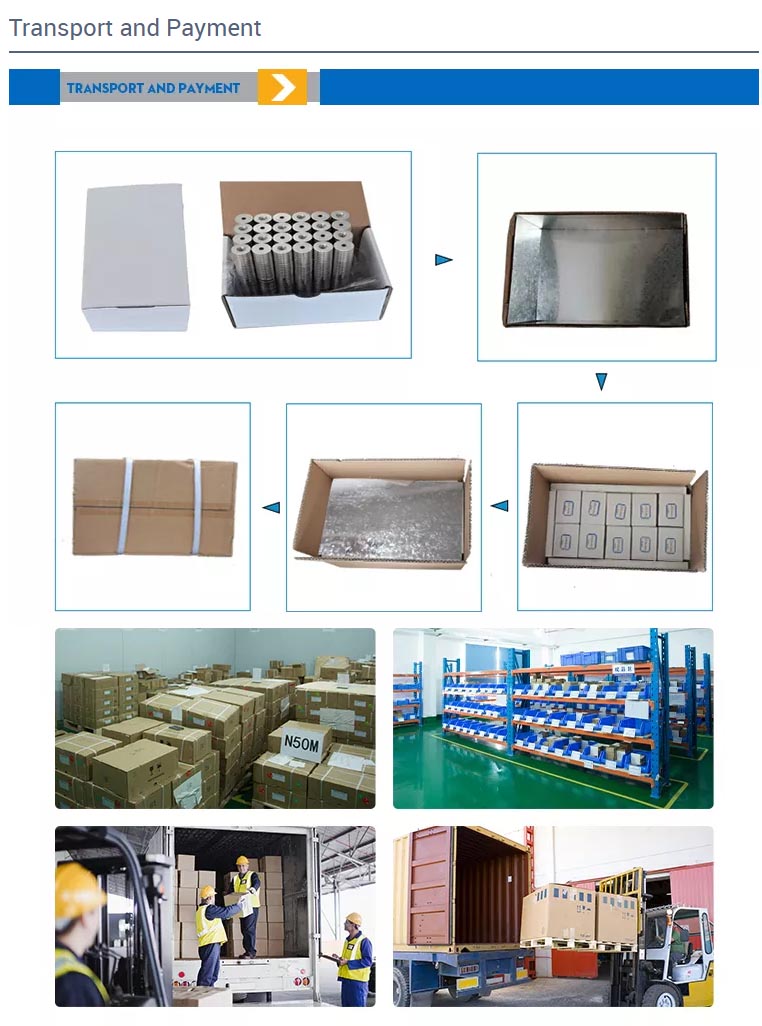
- English
- French
- German
- Portuguese
- Spanish
- Russian
- Japanese
- Korean
- Arabic
- Irish
- Greek
- Turkish
- Italian
- Danish
- Romanian
- Indonesian
- Czech
- Afrikaans
- Swedish
- Polish
- Basque
- Catalan
- Esperanto
- Hindi
- Lao
- Albanian
- Amharic
- Armenian
- Azerbaijani
- Belarusian
- Bengali
- Bosnian
- Bulgarian
- Cebuano
- Chichewa
- Corsican
- Croatian
- Dutch
- Estonian
- Filipino
- Finnish
- Frisian
- Galician
- Georgian
- Gujarati
- Haitian
- Hausa
- Hawaiian
- Hebrew
- Hmong
- Hungarian
- Icelandic
- Igbo
- Javanese
- Kannada
- Kazakh
- Khmer
- Kurdish
- Kyrgyz
- Latin
- Latvian
- Lithuanian
- Luxembou..
- Macedonian
- Malagasy
- Malay
- Malayalam
- Maltese
- Maori
- Marathi
- Mongolian
- Burmese
- Nepali
- Norwegian
- Pashto
- Persian
- Punjabi
- Serbian
- Sesotho
- Sinhala
- Slovak
- Slovenian
- Somali
- Samoan
- Scots Gaelic
- Shona
- Sindhi
- Sundanese
- Swahili
- Tajik
- Tamil
- Telugu
- Thai
- Ukrainian
- Urdu
- Uzbek
- Vietnamese
- Welsh
- Xhosa
- Yiddish
- Yoruba
- Zulu
- Kinyarwanda
- Tatar
- Oriya
- Turkmen
- Uyghur
Small neodymium cube magnets OEM Permanent Magnet | Fullzen Technology
Short Description:
Small neodymium cube magnets are a type of powerful neodymium magnets that are often used in a variety of applications such as in electric motors, sensors, and magnetic resonance imaging (MRI) machines. These small magnets are made from an alloy of neodymium, iron, and boron, which gives them their strong magnetic properties. Small neodymium cube magnets are available in a range of sizes, typically ranging from a few millimeters to a few centimeters in length.
They are often used in applications where a compact, powerful magnet is required, such as in electronics or for holding objects in place. It is important to handle neodymium magnets with care as they are extremely strong and can cause injury if not handled properly. They should be kept away from children and pets, and should not be swallowed or placed near electronic devices, pacemakers, or other medical devices. Additionally, neodymium magnets should be stored away from other magnets or magnetic materials to avoid demagnetization. If you have a plan to purchase cheap neodymium magnets cube from China,you can contact with Fullzen Factory who i s a square magnet factory. If you need bulk neodymium magnets cube, we will help you deal with your problems.
Product Detail
Company profile
Product Tags
Small neodymium cube magnets
A permanent magnet is a magnet that retains its magnetism after being magnetized. Permanent magnets are made from materials such as iron, cobalt, and nickel, as well as rare-earth materials such as neodymium and samarium-cobalt.
The magnetic field of a permanent magnet is created by the alignment of the magnetic moments of the atoms within the material. When these magnetic moments are aligned, they create a magnetic field that extends beyond the surface of the magnet. The strength of the magnetic field depends on the strength of the magnetic moments and the alignment of the atoms within the material.
Permanent magnets are commonly used in a variety of applications such as electric motors, generators, and magnetic storage devices. They are also used in everyday objects such as refrigerator magnets and magnetic toys.
The strength of a permanent magnet is measured in units of magnetic flux density, or tesla (T), and is determined by the materials used and the manufacturing process. The strength of neodymium magnets, for example, can range from a few hundred gauss to over 1.4 tesla.
We sell all grades of neodymium magnets, custom shapes, sizes, and coatings.
Fast Global Shipping: Meet standard air and sea secure packing, More than 10 years of export experience
Customized is Available: Please offer a drawing for your special design
Affordable Price: Choosing the most suitable quality of products means effective cost savings.

Magnetic Product Description:
This neodymium magnetic disc has a diameter of 50mm and a height of 25mm. It has a magnetic flux reading of 4664 Gauss and a pull force of 68.22 kilos.
Uses For Our Strong Rare Earth Disc Magnets:
Strong magnets, like this Rare Earth disc, project a powerful magnetic field that is capable of penetrating solid materials such as timber, glass or plastic. This ability has practical applications for tradespeople and engineers where strong magnets can be used to detect metal or become components in sensitive alarm systems and security locks.
FAQ
The grade of a neodymium magnet, such as N35, N40, N42, N45, N48, N50, or N52, refers to its magnetic strength and performance characteristics. These grades are a standardized way to indicate the energy product of the magnet, which is a measure of its maximum magnetic energy density. A higher grade number indicates a stronger magnet. For example, an N52 magnet is stronger than an N35 magnet.
The energy product of a neodymium magnet is typically measured in MegaGauss Oersteds (MGOe) or Joules per cubic meter (J/m³). The higher the value, the stronger the magnetic field the magnet can generate. It's important to note that higher-grade magnets are generally more susceptible to temperature and demagnetization effects.
Cutting, drilling, or machining neodymium magnets is possible, but it requires specialized equipment, expertise, and caution due to the magnets' brittleness and potential to shatter or crack. If not done carefully, these processes can damage the magnets, affect their magnetic properties, or even cause injury.
Soldering or welding neodymium magnets is generally not recommended due to their high sensitivity to heat. Neodymium magnets are made from materials that can lose their magnetic properties or become damaged when exposed to elevated temperatures. Soldering or welding can generate heat that may affect the magnet's performance and integrity.
Yes, you need to be mindful of temperature when working with neodymium magnets. Neodymium magnets are sensitive to temperature changes, and exposure to high temperatures can affect their magnetic properties. Here's what you need to know:
Curie Temperature: Neodymium magnets have a critical temperature called the Curie temperature (Tc), which is the temperature at which they begin to lose their magnetization. For most neodymium magnets, the Curie temperature ranges between 80°C and 200°C, depending on the grade and composition.
Your Custom Custom Neodymium Magnets Project
Fullzen Magnetics has more than 10 years of experience in the design and manufacture of custom rare earth magnets. Send us a request for quote or contact us today to discuss your project's specialty requirements, and our experienced team of engineers will help you determine the most cost effective way of providing you with what you need.Send us your specifications detailing your custom magnet application.
Custom Your Neodymium Cube Magnets
related products
-
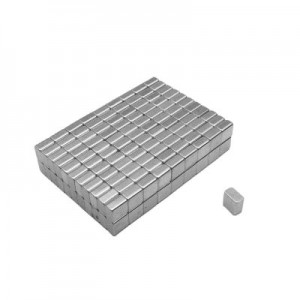
Super Strong Neodymium Magnet Cube OEM Permanen...
-

Ni Coating Block Ndfeb Magnet Suppliers | Fullzen
-
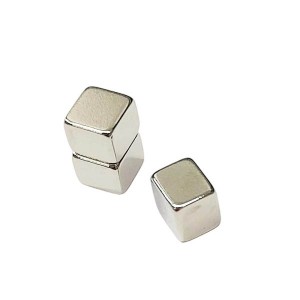
Super Strong Neodymium Magnet Cubes OEM Permane...
-
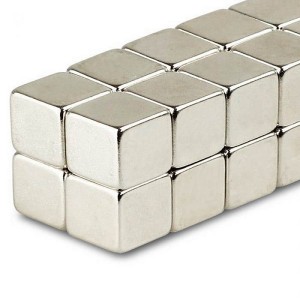
High Quality Neodymium Magnet Cube 10mm OEM Per...
-

Wholesale Block Neodymium Magnet N52 | Fullzen
-

Wholesale Super Strong Magnet | Fullzen Technology

